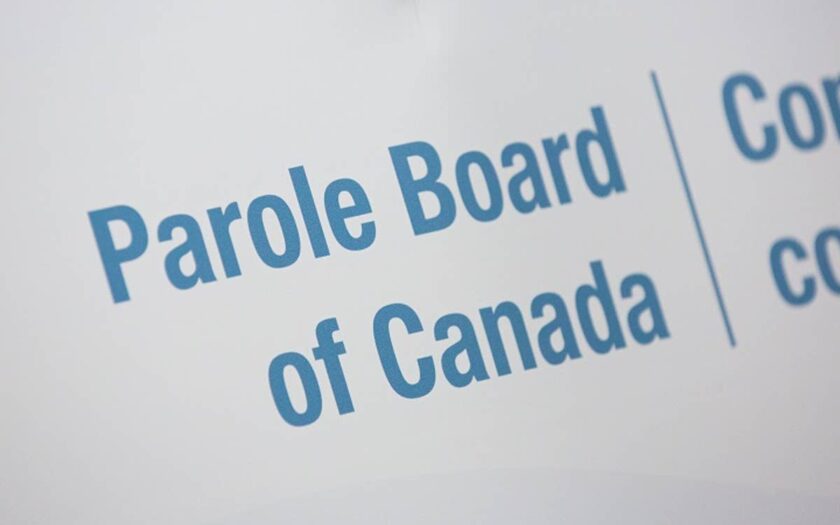NOTE: This is a personal blog. Any views or opinions represented in this blog belong solely to the FedPhoneLine staff. WE ARE NOT Psychologists or Therapy Professionals, all data and information on these blogs is for informational purposes ONLY.
What is a Parole Hearing?
A parole hearing is a proceeding before the Parole Board of Canada (PBC) to determine whether an applicant can safely be released from customer back into the community before the expiry of his/her sentence.
The parole hearing is usually a face-to-face review of an inmate’s file and history held in either French or English at the inmate’s request.
During a Parole Hearing, members of the PBC will interview the inmate and ask questions regarding the inmate’s offence, risk factors and what the inmate has done to address those factors during their incarceration. The PBC will assess:
- Criminal & social history, type of offence and the reason for it, the inmate’s understanding of the offence
- It is VERY IMPORTANT to the Board that the inmate understands what made him commit the offence in the first place and what the consequences of that offence are.
- Progress made by the inmate through programs, behaviour within the institution
- Previous conditional releases Victim impact statements, if available
- Inmate’s Release Plan and the Community Management Strategy
The decision to grant or deny parole is based on the careful review of all relevant information in the inmate’s file, a victim submission (if one has been provided) and any other relevant information, including submissions from the applicant during the hearing.
- The PBC are not against the inmate, they are not there to prevent the inmate from being granted parole. They are there to determine whether an inmate can safely be released from custody back into the community.
- The PBC does not reinvestigate convictions on the record.
- The PBC may request for more information, a psychological report for example, to make their decision but they are not required to make investigations.
- Their top priority is the protection of society. They will often be asking very direct and difficult questions about the offence and the inmate’s behaviour prior to and during incarceration to give them a full picture of the inmate’s risk profile.
- The PBC will look at all available information to get a clear picture of what risks the inmate presents and how the inmate may be managed on release.
If parole is denied, the inmate will be informed of the reasons why parole was denied. If parole is granted, the applicant will be informed, as well as any conditions which will be imposed on the inmate upon release.
For More Information check out some of our other blogs on the topic:
Learn more about the Parole Board of Canada here.

